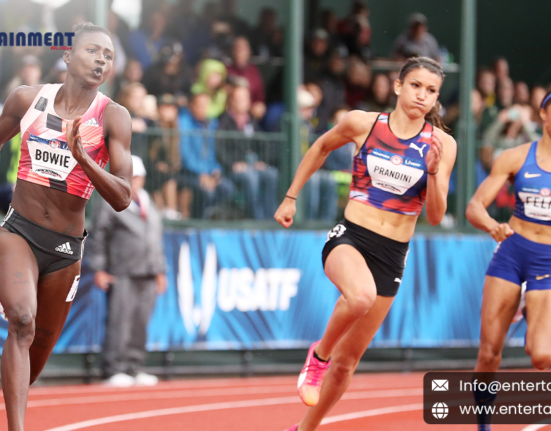Mental toughness is a crucial component of success for elite athletes, particularly in the high-stakes world of Olympic competition. The search results provide valuable insights into how US Olympic training programs approach the development of mental toughness in their athletes.
Mental Toughness Conceptualization and Measurement
According to the research, US Master Strength and Conditioning Coaches (MSCCs) who work extensively with collegiate athletes view mental toughness as a highly valuable skill, but many are uncertain about its exact definition and components. The authors propose a working definition of mental toughness as “a transferable life skill, which can be developed at any age and found in all levels of competition” and includes key dimensions like coping, resilience, and thriving.However, the search results indicate that MSCCs often rely on subjective assessments of mental toughness rather than using validated psychometric instruments. This lack of standardized measurement makes it difficult to objectively evaluate the effectiveness of mental toughness training protocols.
Mental Toughness Training Approaches
The search results highlight several strategies US Olympic training programs use to develop mental toughness in their athletes:
- Imagery and Visualization: Coaches encourage athletes to mentally rehearse their upcoming training sessions and competitions, visualizing success and positive outcomes.
- Commitment and Positive Self-Talk: Athletes are taught to use empowering self-talk phrases like “I’m all in on this” to maintain commitment and overcome self-doubt.
- Emotion Regulation: Coaches help athletes learn to manage their emotions, preventing negative emotions from derailing performance.
- Anecdotal Physical Protocols: MSCCs often use physically demanding training protocols to build mental toughness, though the effectiveness of these approaches is not always measured objectively.
- Evidence-Based Interventions: There is a recognized need to develop and implement more rigorous, evidence-based mental toughness training protocols in US Olympic training programs.
In summary, the search results indicate that US Olympic training programs place a high value on mental toughness, but there is room for improvement in terms of conceptualizing, measuring, and systematically developing this critical skill in their athletes. Adopting more standardized, evidence-based approaches could help optimize the mental preparation of US Olympians.





Leave feedback about this